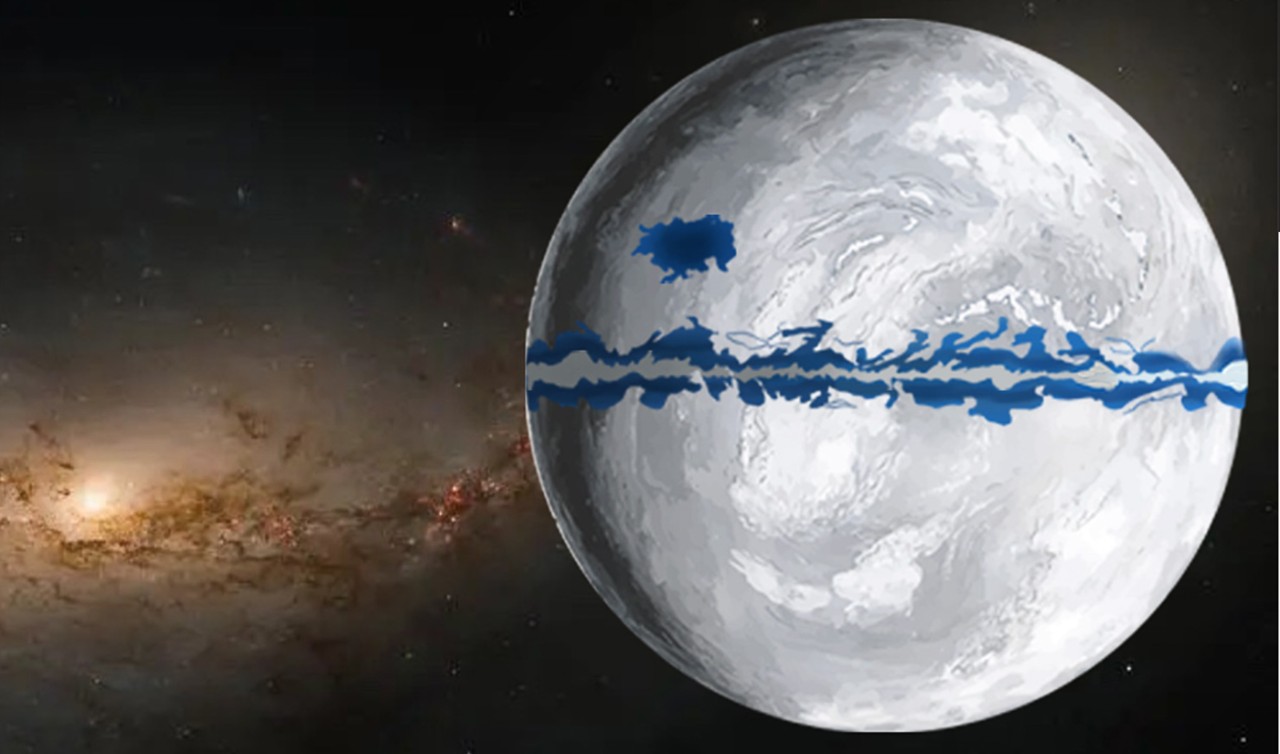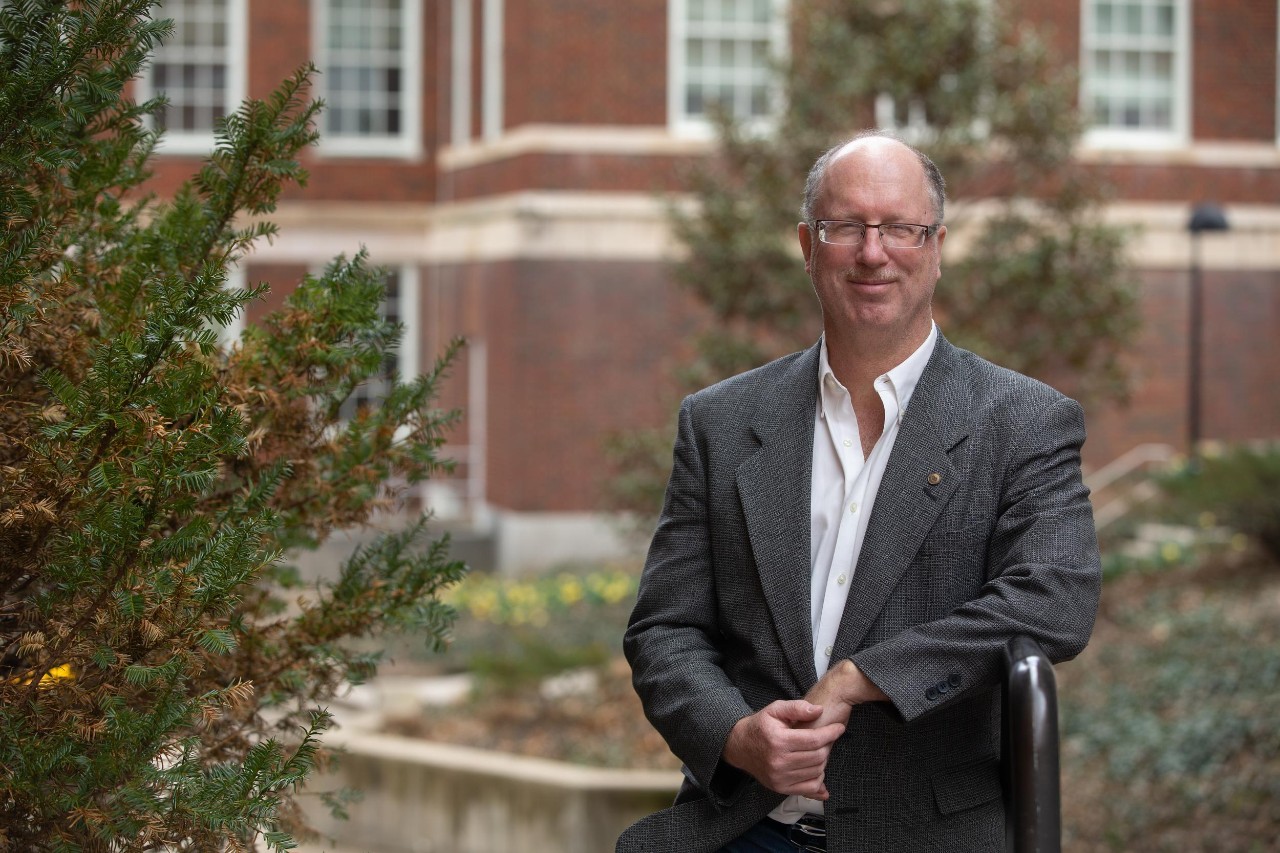
BBC: 'Snowball Earth' could have been a slushball
UC geologist says mid-latitude seas might have remained ice-free
BBC News highlighted research by a University of Cincinnati geologist who examined an ice age 635 million years ago that many scientists believed froze the planet solid from pole to pole.
But a new study published in the journal Nature Communications by an international team of scientists said evidence suggests some shallow seas in the mid-latitudes remained ice free, possibly allowing life to persist during this prolonged period of global glaciation.
UC College of Arts and Sciences geosciences Professor Thomas Algeo worked with researchers from the China University of Geosciences to use isotopic analysis to understand what life on Earth was like hundreds of millions of years before dinosaurs roamed the Earth.
“We called this ice age ‘Snowball Earth,'” Algeo said. “We used to believe that Earth was completely frozen during this long ice age. But it could be ‘Slushball Earth.’”
Featured illustration at top: University of Cincinnati researchers found evidence that a prolonged ice age 635 million years did not freeze the planet solid from pole to pole as previously believed. Graphic/Huyue Song

UC College of Arts and Sciences Professor Thomas Algeo studied life on Earth during a prolonged ice age 635 million years ago. Photo/Andrew Higley/UC Marketing + Brand
More UC Geosciences in the news
- Extreme Tech: 'Snowball Earth' may have been less icy than thought
- India Today: When Earth froze to death but somehow life survived
Related Stories
'Paradigm-shifting' study confirms effectiveness of long-acting HIV treatment
February 26, 2026
The results of a clinical trial involving the University of Cincinnati, recently published in The New England Journal of Medicine, show people failing HIV treatments with oral medications were able to be treated successfully using injections.
How do horses whinny?
February 26, 2026
A horse makes the low-pitched part of its whinny by vibrating its vocal cords — similar to how humans speak and sing — and the high-pitched part by whistling with its voice box, according to a new paper published in the journal Current Biology and featured in Smithsonian magazine.
UC receives grant for AI use in medical education
February 26, 2026
The University of Cincinnati is turning to artificial intelligence to help solve a problem in medical training. The College of Medicine was awarded a grant valued at more than $1 million to use AI in advanced physician training through personalized learning.
